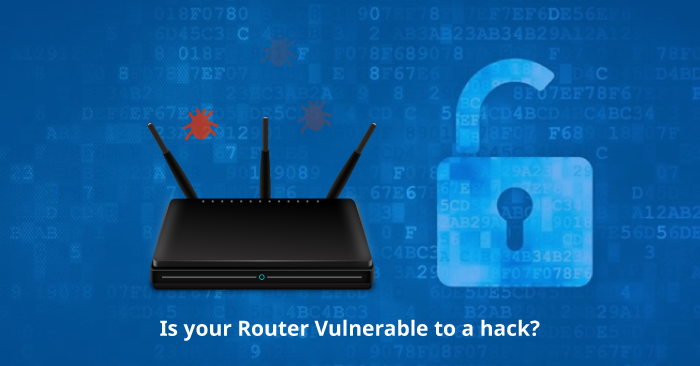How to get a Finnish IP address
The easiest way to improve your digital privacy is to switch your IP address using a VPN. We’ll …


If you’re like most people, you probably pay a monthly rental charge for your router to your Internet provider; it’s most common for American consumers to use the equipment provided by the ISP technician who installs their network. Choosing that option makes sense in a lot of ways, especially for less tech savvy individuals—it removes all the hassles of shopping for your own equipment and paying for it up front and it gives you the peace of mind of knowing that if your equipment breaks or malfunctions, it will be replaced and installed promptly, usually at no cost to you.
And in many cases, there’s nothing wrong with that choice, unless you are concerned about the security of the information on devices connected to your network, or care about Internet privacy. Because contrary to what you may think, routers provided by your ISP are very vulnerable to security risks such as hacking and spying. Read on to learn more about rented routers and how to protect yourself and your information from prying eyes and malicious actors.
One of the things that makes renting your router from your ISP so attractive is also the thing that makes it most problematic from a security standpoint. Here’s why: Your cable company makes sure that the technicians who install your router can also troubleshoot and support it for you from a remote location, usually through a backdoor setting that you, the consumer, have no control over. You cannot turn it off or remove it to deny access to the equipment by your ISP.
And that is where the vulnerability lies, because hackers can gain access to your home network using the same backdoor channels your Internet provider uses. Once your router’s back door is breached, all the information that flows through your home network is at risk to hackers.
If you know your way around home network equipment, you have a few options, ranging from basic to advanced to try yourself.
Start by changing the default user name and password for your network administrator credentials; these are often the same for thousands of devices and are sometimes even listed online. You can and should also set a passphrase for your WiFi while you are logged into your router.
Next, change you SSID name from the default name to something unique. The SSID is how your network is identified and it often defaults to something obvious such as “Netgear” or “Linksys.” Be sure not to use any identifying information in your network name; for example, if you live in apartment C, don’t name your network “Apt C,” and don’t use your first or last name.
If you are a more advanced user, you can also log into your router and update the firmware. Most manufacturers release updated firmware periodically, especially if vulnerabilities have been identified. If you are a true pro, you can even install alternate firmware, such as the Linux-based DD-WRT and Tomato.
You can also switch from the standard 2.4 GHz band to a more stable 5 GHz one, which reduces the reach of your WiFi, exposing it to fewer malicious actors and decreasing the possibility of a hack.
A VPN is probably the simplest and most effective security solution for vulnerable home network routers. A VPN uses a proxy to shield your Internet activity from your ISP and any unauthorized eyes and fully encrypts your Internet traffic so that your private information remains secure from hackers. It also protects you from advertisers and other corporations who monitor your activity and mine your data without your consent.
Using a VPN to mask your IP address and encrypt your data is hassle free for the user: Once it’s installed and configured, you simply turn it on and your browsing and personal information is safe from security risks. In addition, you can also use your VPN on your mobile devices to protect your data when you’re connected to public WiFi hot spots.
Hotspot Shield offers online security through a VPN at no cost for location in the United States. However, if you upgrade to the Hotspot Shield Elite, you can choose your browsing location from 15+ different international locations, which means that you can access your favorite websites even when you travel abroad, or view geo-protected websites from any location.
Click below to get your Free Hotspot Shield VPN download:
If you are concerned about the security of your home network, especially if you are leasing your router from your ISP, Hotspot Shield VPN is a simple way to eliminate your risk.
